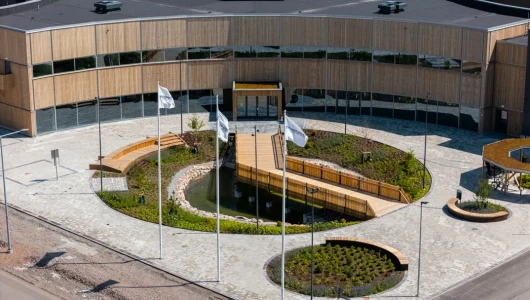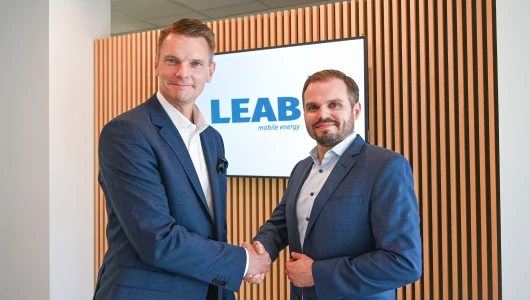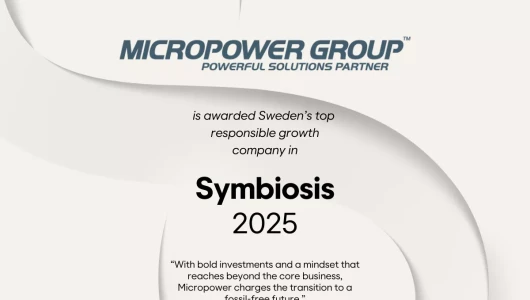Guided by our core value of Responsible Performance, we build transparent partnerships that reflect our commitment to ethics, sustainability, and long-term value. This ensures that our business relationships contribute positively across the entire value chain.
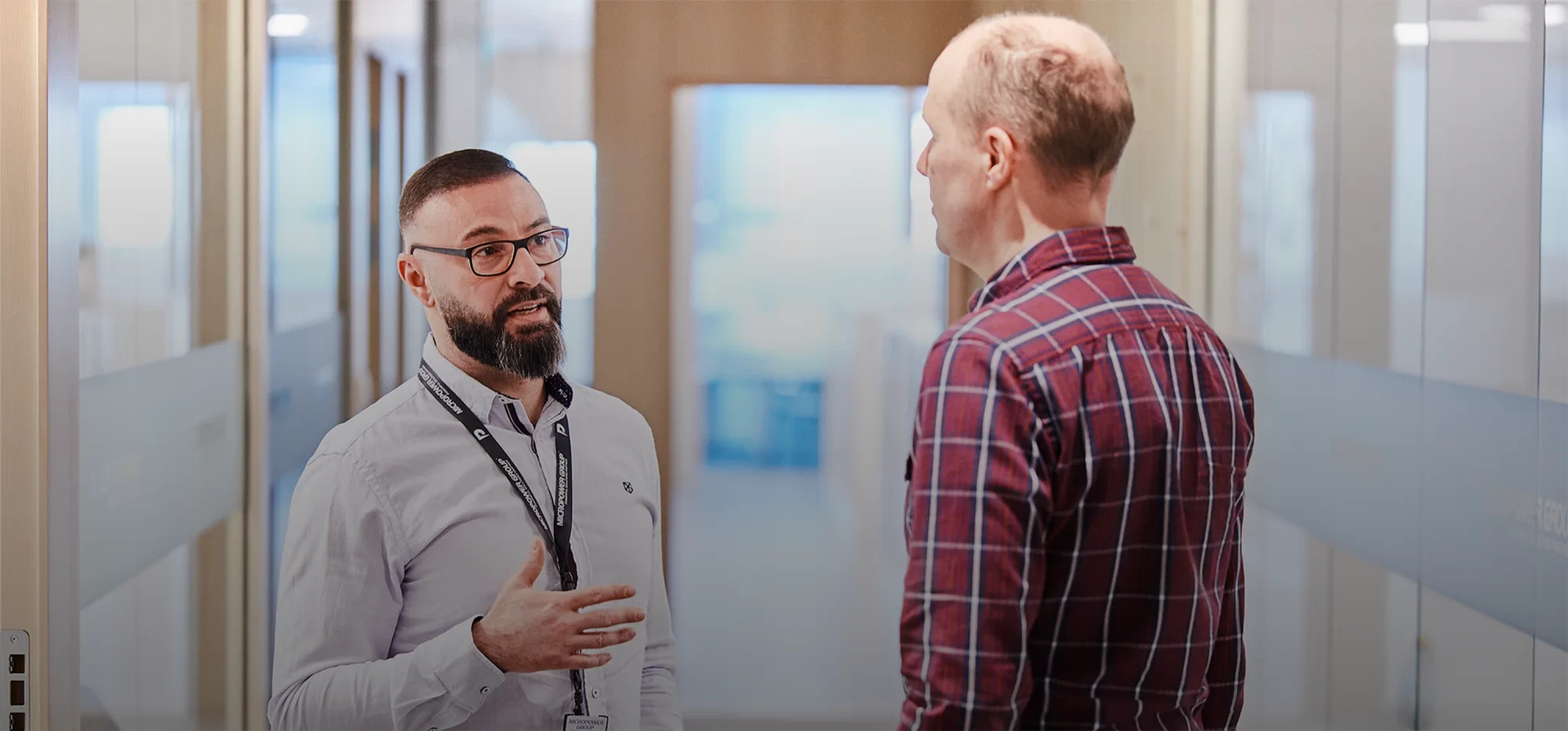
Code of Conduct Business Relationships
Our Code of Conduct for Business Relationships defines our ethical standards for suppliers and partners, promoting responsible sourcing, transparency, and sustainable, long-term collaboration.
Responsibility
1. Introduction
This Code of Conduct for Business Relationships (CoCBR) serves the purpose of ensuring that Micropower’s Business Relationships (BRs) demonstrate responsible business conduct by identifying and managing risks of adverse impacts on sustainable development, the core elements of which are internationally agreed principles on human rights (incl. labour rights), the environment (incl. climate), and the economy (incl.anti-corruption, anti-trust, and tax).

The requirement for responsible business conduct is fully aligned with the UN Guiding Principles on Business and Human Rights (UNGPs) and the OECD Guidelines for Multinational Enterprises (OECD). The UNGPs/OECD are referred to as the Standard.
Meeting the Standard for responsible business conduct as defined by the UNGPs/OECD is distinct from legal compliance; BRs are always expected to comply with national laws where they operate. Micropower reserves the right to levy additional, more specific requirements related to sustainable development, should specific circumstances require such focus.

2. Management
Micropower expects our business relationships to implement a system to manage adverse impacts on core sustainability areas that are fully aligned with the internationally agreed minimum standard for responsible business conduct in accordance with the UNGPs/OECD.

2. Management
2.1 Scope
The required management system shall, at a minimum, address:
- Adverse impacts on the human rights stated in the International Bill of Human Rights, that include the core labor rights from the International Labour Organisation's Declaration on Fundamental Principles and Rights at Work;
- Significant adverse impacts on the external environment in relation to the areas addressed by the Rio Declaration on Environment and Development, including the climate as reflected in the Paris Agreement; and
- Adverse impacts on anti-corruption, as related to the scope outlined by the United Nations Convention against Corruption.

2. Management
2.2 Adopt a Policy Statement
We expect our business relationships to adopt a policy statement that is:
- Approved by the most senior level of the company
- Informed by the UNGPs and OECD
- Clear on the company's expectations of employees and its business relationships
- Publicly available and communicated both internally and externally
- Embedded across all operational policies and procedures throughout the company
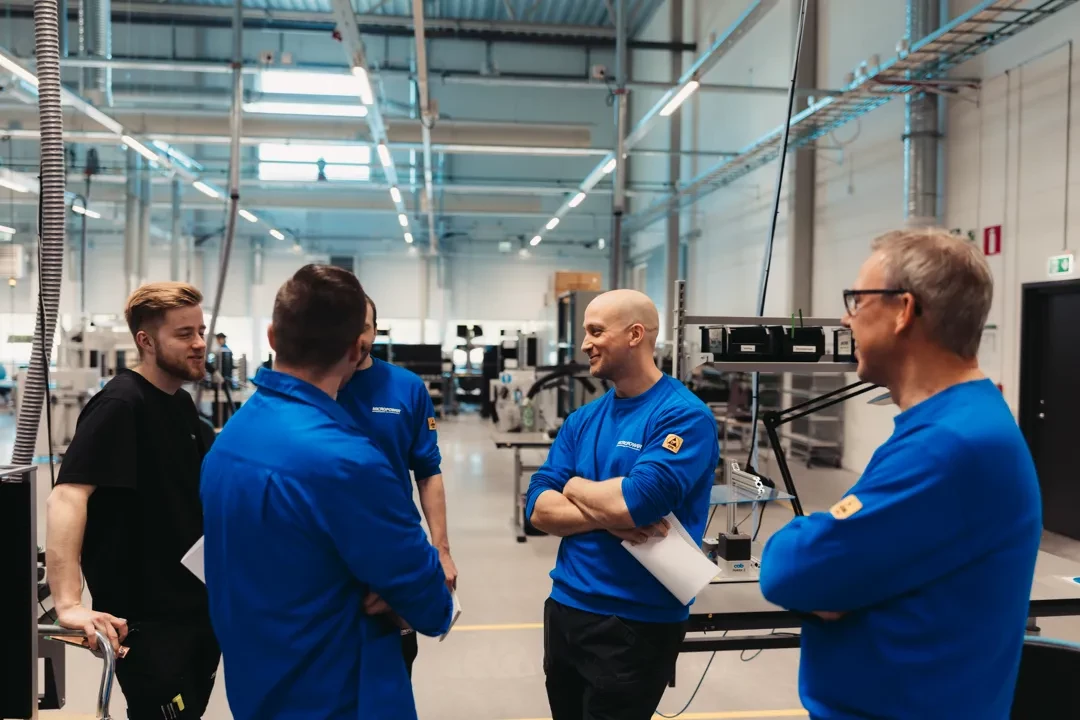
2. Management
2.3 Establish and Maintain Due Diligence Processes
Business relationships are expected to establish a due diligence process that meets the international standard of responsible business conduct:
- Establish processes for regular assessment of risks of actual potential adverse impacts on the areas outlined in 2.1 Scope above.
- Act in order to prevent or mitigate the actual or potential adverse impacts identified in their assessments. And measure and track the effectiveness of their actions.
- Report findings, any actions taken and ongoing status of issues to relevant stakeholders including Micropower upon request.
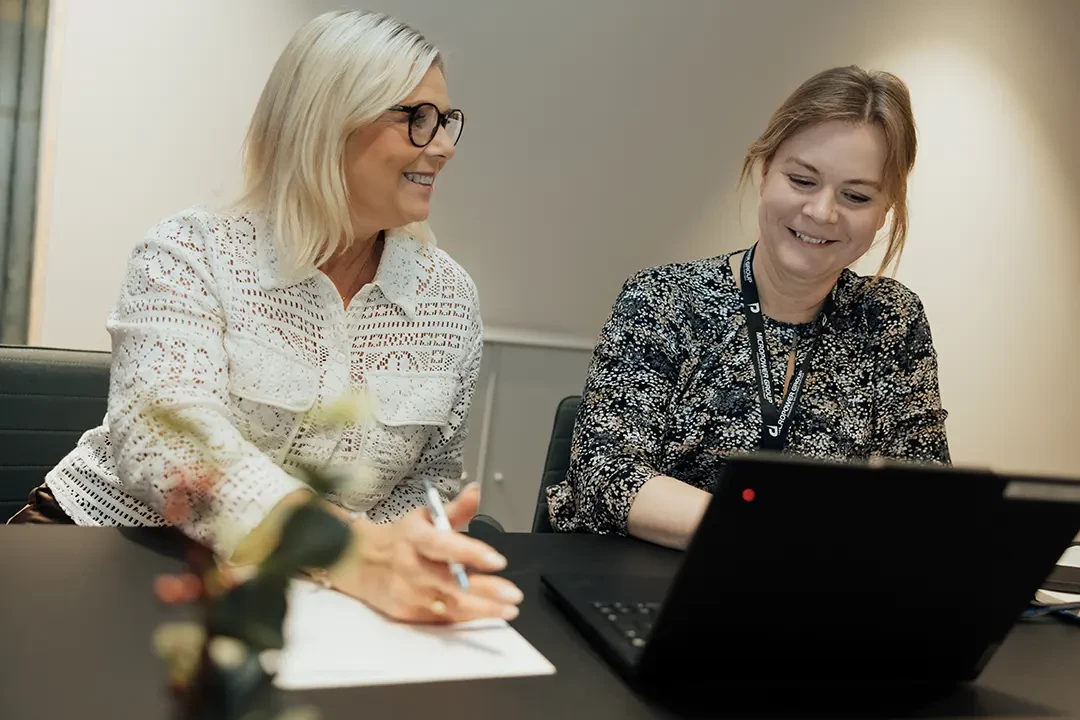
2. Management
2.4 Access to Remedy
Where a business relationship identifies that they have caused or contributed to actual adverse impacts in the areas set out in 2.1 Scope, we expect them to provide for access to remedy to those affected through legitimate processes, such as grievance mechanisms. And where necessary, to notify the relevant authorities.
Where a business relationship does not cause or contribute to an adverse impact but is linked to it, they are expected to use or build leverage to ensure the causing or contributing entity addresses the impacts and prevents or mitigates re-occurrence.
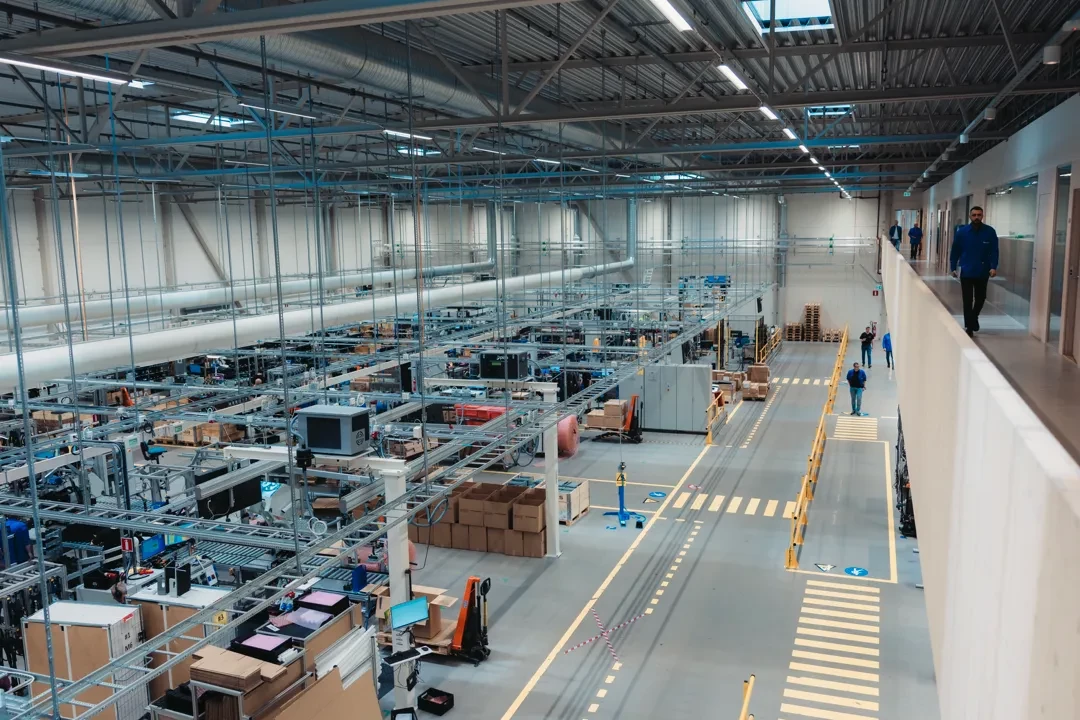
3. Implementation
At Micropower, we hold ourselves to the same international standard we expect of our business relationships, and we have implemented the same requirements outlined in this CoCBR across our own operations.
To better guide our partners, we offer documentation and information about our own responsible business conduct processes.
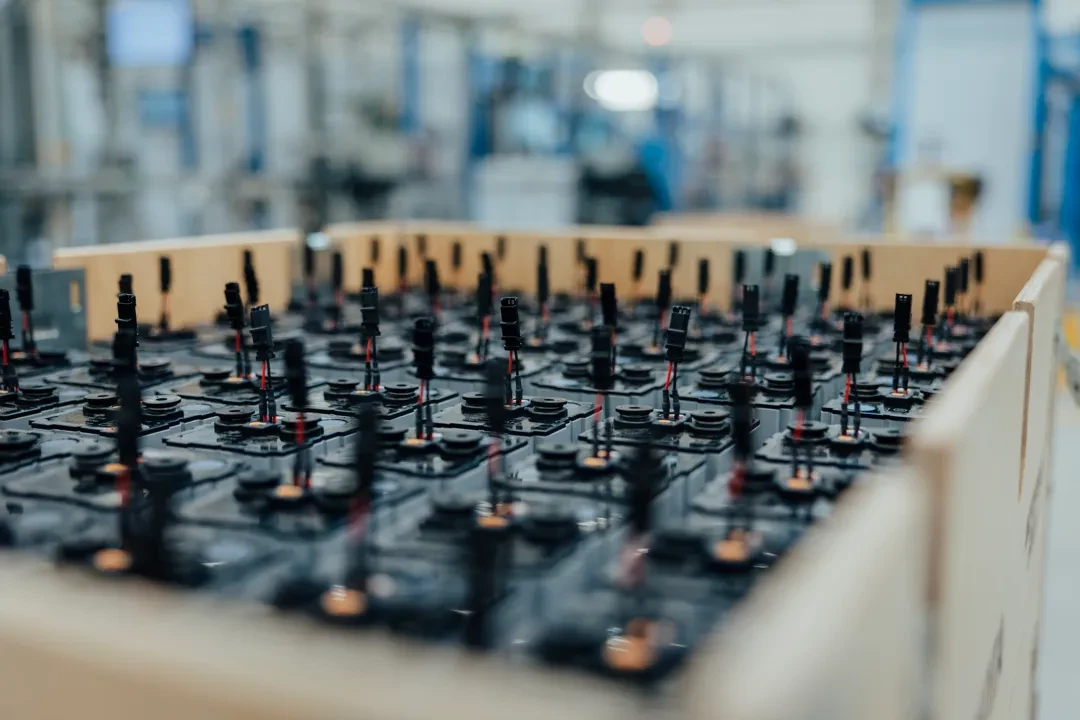
This CoCBR applies to our first-tier business relationships. In turn, we expect these partners to require that their own first-tier business relationships have similarly adequate processes in place to manage adverse impacts on the areas of sustainability in 2.1 Scope.
Where a business relationship identifies a severe adverse impact in their value chain, we expect them to use or build leverage to make the causing or contributing parties adequately address these impacts. And to undertake reasonable efforts to ensure that the causing or contributing parties operate in accordance with the international minimum standard for responsible business conduct.

As in our own operations, our business relationships are also expected to demonstrate compliance with the requirements set out in this CoCBR by maintaining appropriate records.
Appropriate records include policy statement(s), documentation of due diligence processes - including operational-level impact assessments and transparent records on tracking effectiveness of actions - documented grievance mechanisms, and requirements for their business relationships.
Larger business partners, partners who work with dangerous products and services, and partners working in pre conflict or post conflict areas are expected to offer enhanced due diligence processes.

This CoCBR lays the foundation for collaboration between Micropower and our business relationships, so we can work together to continuously manage our adverse impacts on social, environmental and economic sustainability.
If a business relationship has not yet implemented a management system in alignment with this CoCBR at the time of joining a partnership with us, they are required to develop an implementation plan and present it to us upon request. At any time, we expect our business relationships to be able to produce evidence of their implementation process.

If a business relationship causes, contributes to, or is linked to severe impacts on the areas set out in 2.1 Scope, the partners are expected to notify the public and/or Micropower immediately. This includes documentation of actions taken to end the severe impacts and prevent and mitigate their re-occurrence.
We also expect documentation of where the partner used or built leverage to end, prevent and mitigate an adverse impact caused by a business relationship they are linked to.
Where a business relationship fails to notify the public and/or Micropower of a severe impact and address it adequately, or where they demonstrate a lack of willingness to meet the international standard of responsible business conduct, Micropower reserves the right to terminate the business relationship immediately.

Contact us today
Are you interested in the transition towards sustainable energy solutions?
Do you want to know more about batteries, charging or power converters?
Our dedicated team of experts are ready to assist you.
